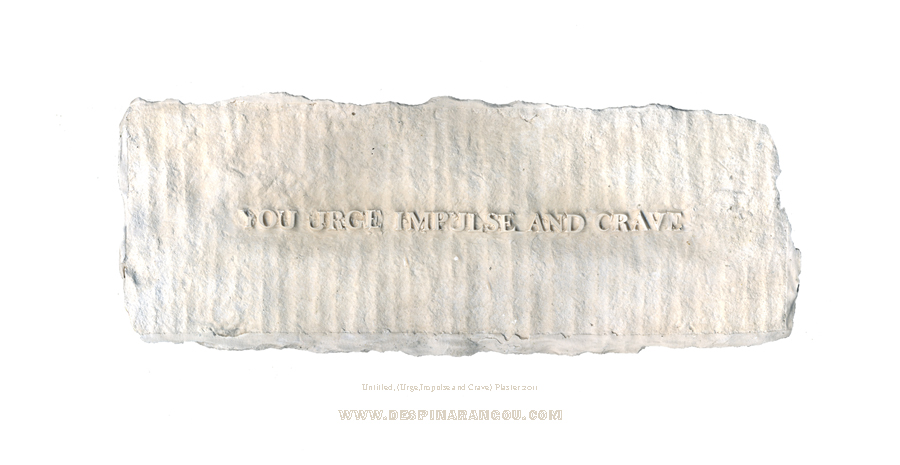 |
| Monument to the March Dead, Berlin, 1921, by Walter Gropius. |
 |
| Monument to the Open Hand, Chandigarh, Punjab, India, built 1972, by Le Corbusier. |
 |
| Federal Republic of Yugoslavia, 1960s-1980s by Croatian sculptor Dušan Džamonja. |
 |
| Federal Republic of Yugoslavia, 1960s-1980s by Croatian sculptor Dušan Džamonja. |
 |
| Federal Republic of Yugoslavia, 1960s-1980s by Croatian sculptor Dušan Džamonja. |
 |
| Federal Republic of Yugoslavia, 1960s-1980s by Croatian sculptor Dušan Džamonja. |
(authority is always unreasonable), that’s the journey from the last post to this one.
Authority is a fascinating, disturbing, in some ways exciting and in others depressing topic for architects. It is at the root of our social relationships and the structure of our social arrangements. Social classes, chains of command and decision-making, distribution of wealth, the enactment and enforcement of civil laws—these and more are based on concepts of authority, or who has the right to act in the name of others to determine both the general shape of society and its particulars.
The monuments that concern us here are those designed to commemorate and legitimize the enduring authority of the winners of great conflicts, political, military, and ideological. It is the winners who write history and commission the monuments as a form of that writing. However, it is a curious feature of most such monuments that their abstract character ends up commemorating the artist or architect who designs them, especially as the memory of the conflicts themselves fades from public memory. The poem by P.B. Shelley, quoted below, evokes this effect with grace and subtlety, as does the tale—no doubt apocryphal—that the great Lighthouse of Alexandria had a plaque naming the (long-forgotten) Pharaoh who commissioned it, designed to fall off in a hundred years and reveal yet another plaque, naming only the architect who designed it, holder, in rhese cases, of the most enduring authority of all.
Sic transit Gloria mundi—So goes the glory of this world.'
Text © Lebbeus Woods
